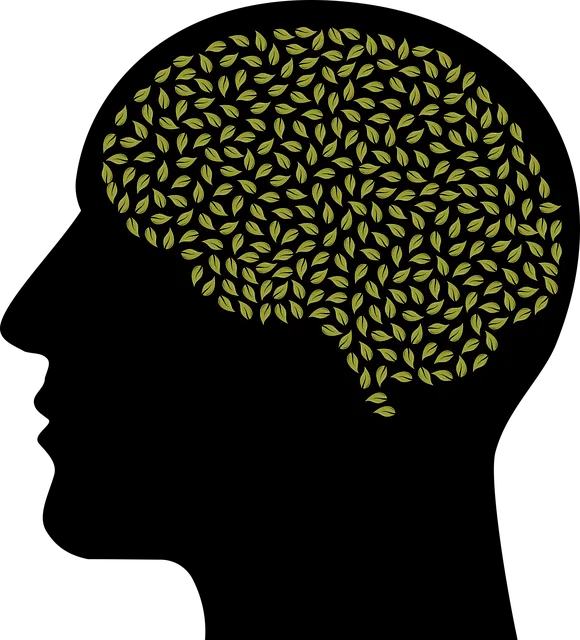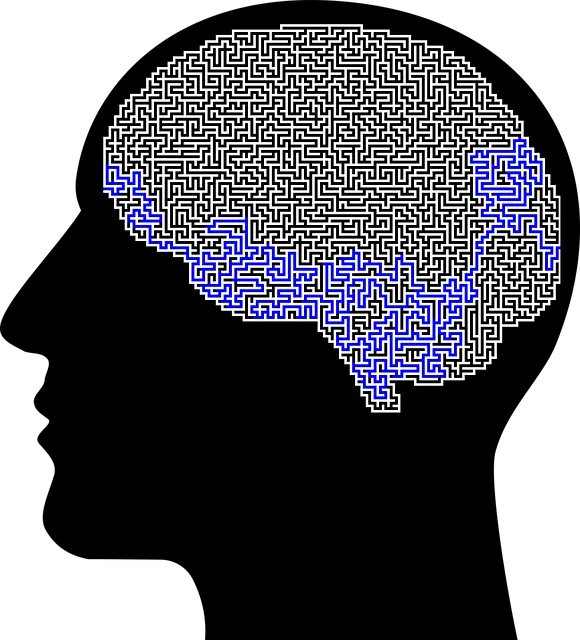In a world prioritizing physical health, Centennial Kaiser Permanente's Mental Health Number initiative stands out as a game-changer. This innovative tool provides holistic self-assessment for mental wellness, empowering individuals to identify stress triggers, understand emotional patterns, and adopt healthy coping mechanisms. By integrating social skills training, it fosters confidence in interpersonal interactions. The program's comprehensive strategy includes tailored questions, validated scales, and guidance on stress reduction, burnout prevention, and self-care, promoting a culture of holistic well-being, especially within healthcare where mental wellness is crucial. Leveraging digital platforms and introducing podcasts with expert advice can further revolutionize access to mental health support, encouraging proactive self-care and reducing stigma.
Mental wellness self-assessment tools play a crucial role in individual awareness and seeking support. With organizations like Centennial Kaiser Permanente recognizing the importance of mental health, there’s an increasing focus on accessible assessment methods. This article explores the development of effective self-assessment tools, leveraging data from the Mental Health Number initiative by Centennial Kaiser Permanente. We’ll delve into key components, implementation strategies, and the potential impact on mental wellness in the digital age.
- Understanding the Need for Self-Assessment Tools in Mental Health
- The Role of Centennial Kaiser Permanente and Their Mental Health Number
- Key Components for Developing Effective Assessment Tools
- Implementation Strategies and Future Impact on Mental Wellness
Understanding the Need for Self-Assessment Tools in Mental Health

In today’s fast-paced world, mental wellness is just as crucial as physical health. However, many individuals struggle to recognize and address their psychological needs due to a lack of accessible assessment tools. This is where self-assessment plays a pivotal role. By providing individuals with resources to evaluate their emotional state, we empower them to take charge of their mental well-being. At Centennial Kaiser Permanente, our mental health number serves as a beacon for those seeking guidance and support, offering crisis intervention and navigating the complex landscape of emotional intelligence.
Self-assessment tools are not just informative; they can be transformative. They enable people to identify stress triggers, emotional patterns, and even early signs of potential mental health issues. Moreover, these tools facilitate personal growth by promoting self-awareness and encouraging the adoption of healthy coping mechanisms. For instance, integrating social skills training within these assessments can foster connections and build resilience, ensuring individuals feel equipped to navigate interpersonal interactions with confidence and poise.
The Role of Centennial Kaiser Permanente and Their Mental Health Number

Centennial Kaiser Permanente stands as a beacon of mental wellness support, recognized for its innovative approach to healthcare. At the heart of their commitment lies the Mental Health Number, a powerful tool designed to empower individuals in understanding and managing their psychological well-being. This number transcends mere numbers; it symbolizes a holistic assessment, guiding folks on a journey towards self-improvement.
Through this initiative, Kaiser Permanente fosters Coping Skills Development by providing accessible resources. By integrating Self-Awareness Exercises into daily routines, they encourage individuals to recognize triggers and cultivate Inner Strength Development. The Mental Health Number acts as a compass, navigating individuals through various aspects of mental wellness, ultimately enabling them to take charge of their emotional health.
Key Components for Developing Effective Assessment Tools

Developing effective mental wellness self-assessment tools requires a multifaceted approach. Key components include tailored questions that assess a wide range of mental health dimensions, such as anxiety, depression, stress levels, and emotional resilience. The assessment should be user-friendly, ensuring clarity and accessibility for individuals from diverse backgrounds and literacy levels. Incorporating validated scales and metrics developed by reputable organizations like Centennial Kaiser Permanente can ensure the tool’s reliability and validity.
Additionally, integrating stress reduction methods and burnout prevention strategies for healthcare providers within the assessment framework is essential. This might involve including sections on coping mechanisms, work-life balance, self-care practices, and signs of professional exhaustion. Such an inclusive design not only evaluates mental wellness but also empowers users with knowledge and resources to implement positive changes, ultimately fostering a culture of holistic well-being, particularly within the healthcare sector where mental wellness is paramount.
Implementation Strategies and Future Impact on Mental Wellness

The implementation of self-assessment tools for mental wellness has immense potential to revolutionize access and awareness, especially when powered by organizations like Centennial Kaiser Permanente. By integrating these tools into their services, they can reach a wider audience through digital platforms, ensuring accessibility and convenience for users. For instance, a Mental Wellness Podcast Series Production featuring expert insights and practical tips could accompany assessment tools, providing valuable context and support.
This strategy’s impact on mental wellness is profound, fostering proactive self-care and early intervention. Users can gain deeper emotional intelligence—a key factor in navigating and improving mental health. Additionally, these tools can serve as a starting point for personalized therapy or support groups, offering tailored conflict resolution techniques to address specific challenges. Such an approach has the potential to reduce the stigma surrounding mental health issues and encourage more individuals to take charge of their well-being.
The development of mental wellness self-assessment tools is a significant step forward in addressing the growing need for accessible mental health support. By learning from initiatives like the Mental Health Number introduced by Centennial Kaiser Permanente, we can create effective resources that empower individuals to take charge of their mental well-being. Incorporating key components such as simplicity, validity, and reliability ensures these tools become valuable assets in promoting overall mental wellness. As we move forward, implementing these strategies on a broader scale could lead to improved access to care and positive outcomes for those seeking support.






